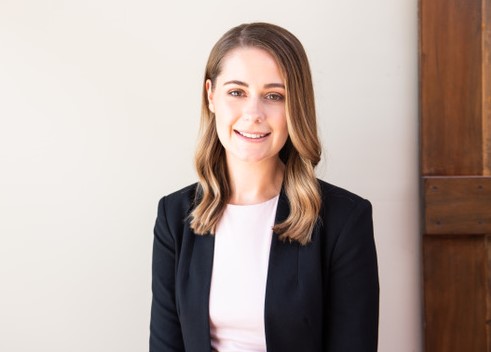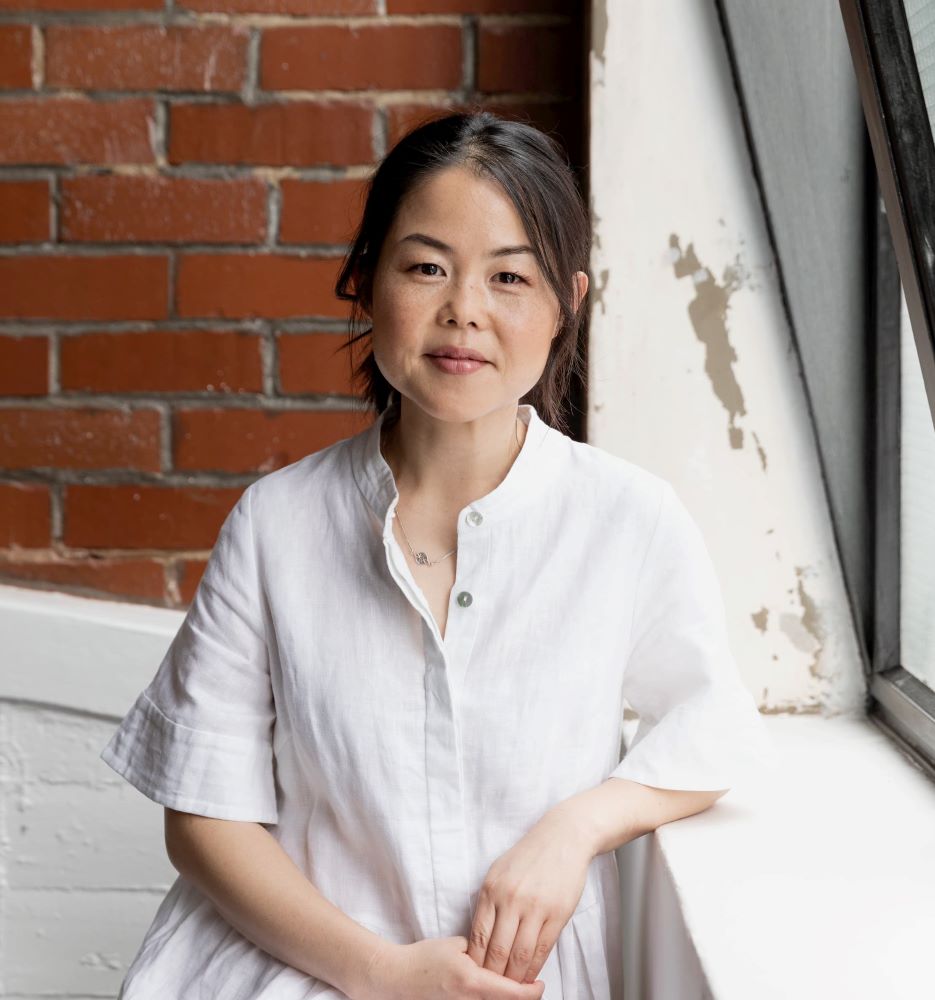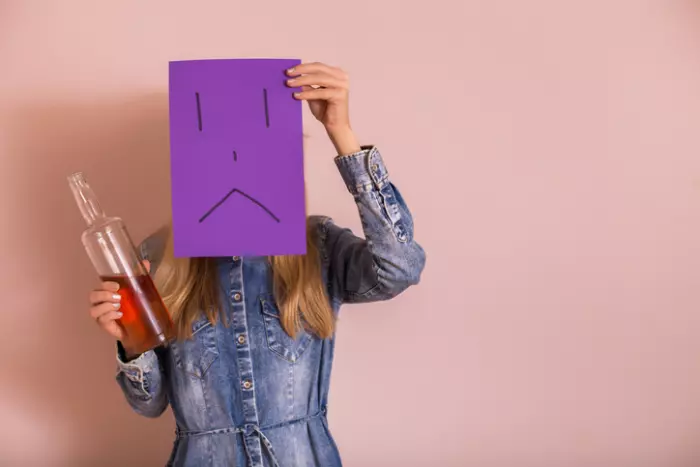A fine moment in my day is that point in the evening when I decide it is time to pour a glass of wine. I hate being drunk but I do enjoy a drink. I love the way it takes the hard edges off my mood, making me feel softer and warmer, and besides, wine tastes delicious. For years, it seemed like my friend, until it turned against me.
Or perhaps the problem was that my body turned against alcohol. It started in my mid-40s when a couple of glasses too many saw me waking up at 3am, heart skittering. The extra tiredness would seep into my hangover, making for a rougher next day. A decade on, even having just a couple of red wines leaves me looking baggy eyed. Any more than that and I’m so bloated I appear to have retained every drop of water I’ve drunk.
I’m told that things only get worse; one friend maintains that after 60, you have to choose between food and wine or else resign yourself to going up a dress size.
Many middle-aged drinkers are valiantly battling on nevertheless. The latest research shows that women aged 50 to 70 are more likely than younger women to consume alcohol at levels that exceed health guidelines, and they perceive it as perfectly acceptable so long as they are in control. Binge drinking is also on the rise among midlife women, and when surveyed, they tend to say it helps them relax and is the remedy to a stressful week.
Unsurprisingly, science says this is a bad idea. Our biology changes as we age. The liver progressively shrinks, the total fluid in the body decreases and the enzymes that metabolise alcohol diminish, meaning it stays in our system for longer, super-sizing that hangover. This applies whatever your gender, but women do it tougher due to generally having a smaller body size and lower amounts of those critical enzymes. And then there are all those female hormones.
Auckland holistic nutritionist Jessica Giljam Brown says that often there are tears when she brings up the topic of alcohol with her female clients.
“Some are polishing off a bottle of wine or more a night,” she says. “They find they can’t relax without it. Then they wake up the next day tired and grumpy, and need caffeine and sugar, then more wine that night, and they get on a hamster wheel of bad habits they can’t get off.”
 Jessica Giljam Brown
Jessica Giljam Brown
This is a lifestyle that overloads the liver and so the body’s main detoxification system focuses on eliminating the introduced toxins, and neglects other jobs such as breaking down oestrogen.
“If we keep drinking each day, the hormone starts to build up and we become oestrogen dominant,” explains Giljam Brown. “That’s where all those problems around peri-menopause come in, like weight gain, mood changes and difficult menstrual periods.”
The impact on oestrogen is also behind the increased risk of some breast cancers for women drinkers. And while there isn’t much firm evidence around hot flushes, I can tell you from personal experience that alcohol doesn’t reduce them at all.
Giljam Brown observes that women demand a lot of themselves in middle age. It used to be a life stage that was about slowing down and enjoying the grandchildren. Now, in their 40s and 50s, many women are still raising their own kids, while powering ahead with careers, and juggling the needs of ageing parents.
“Often when I get tears after talking about alcohol with a client, she’ll say don’t take that away, it’s my only me-time. It’s not that they particularly enjoy the alcohol, it’s about the ritual of pouring a glass of wine and having a few moments for themselves.”
Entrepreneur Lisa King’s evening ritual tended to involve a gin and tonic, and she very much enjoyed it. But at the end of last year, the founder of successful social enterprise Eat My Lunch started experiencing bouts of vertigo. King has no medical proof it had anything to do with drinking, but when she stopped, so did the dizziness, and if she had the occasional glass, back it came.
 Lisa King
Lisa King
“Lots of my friends, particularly women, had decided to stop drinking for a while,” says 43-year-old King. “It wasn’t that they had a problem, but they were busy people and felt they weren’t running at their best. They talked about how their sleep had got better and said they had more energy, so I thought I’d give it a go.”
King missed her gin and tonic and wasn’t in love with any of the alcohol-free alternatives, so over lockdown, she started working on a range of beverages.
“I wanted a drink that felt grown-up and complex, something that made it easy and enjoyable to stop drinking.”
Her new range, AF (launched in late October), contains a botanical extract she has trademarked as “afterglow” that mimics the warmth of alcohol. The three initial products are a ready-to-drink gin with a squeeze of lemon, one with cucumber and a third with a pink grapefruit flavour.
Not drinking alcohol means King now has more energy and deals better with stress. “This year has been a crazy one for Eat My Lunch but I haven’t felt overwhelmed in the way I would have previously,” she says.
Personally, I’m not ready to break up with alcohol completely. Lighter beverages are appealing, however. There is a raft of seltzers on the market for summer, including a new wine-based one from Villa Maria called LF Seltzer, which mixes the company’s Leftfield wines with sparkling water and botanicals; pear and ginger with pinot gris sounds promising, and is low in sugar and calories as well as lower in alcohol.
Otherwise, the advice from Giljam-Brown is to give your liver a break by alternating alcoholic drinks with other fluids.
“I like to encourage women to have some magnesium and an electrolyte drink like coconut water before bed,” she says. “But when it comes to alcohol, less is always best. And taking alcohol out, or at least reducing it, gets us off that hamster wheel of bad habits that contribute to poor health.”












